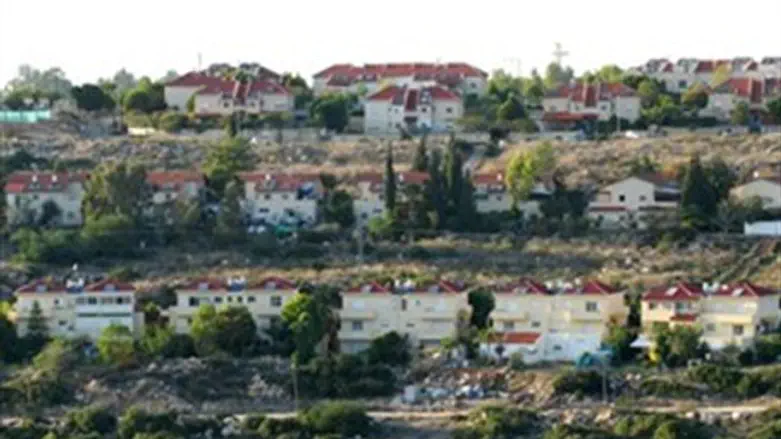
Israel warned on Wednesday that it might shun a key EU research program unless a compromise is found over the bloc's guidelines which boycott Israeli entities operating beyond the Green Line.
Israel’s position was spelt out at a meeting with the European Union on the Jewish state's participation in Horizon 2020, the bloc's six-year funding plan for research and innovation, the foreign ministry said, according to AFP.
The ministry said in a statement that Israel "views with gravity" the guidelines on the territorial extension of agreements with Israel, which are to go into effect in January.
"Israel expressed its hope that a way to reach positive understandings on the guidelines' implementation will be found, so as to enable Israel to participate in Horizon 2020," it said.
"Should such understandings not be reached, Israel will be unable to join the European R&D program," the statement said, according to AFP.
An EU statement confirmed talks had begun but said a specific debate on the guidelines would only take place in Brussels in September.
"Discussions on the territorial scope of the future memorandum ... will start during the second session of negotiations which should take place in Brussels in September," it said.
Horizon 2020 aims "to de-pollute the Mediterranean by the year 2020 by tackling the sources of pollution that account for around 80% of the overall pollution of the Mediterranean Sea: municipal waste, urban waste water and industrial pollution,” the EU said when the project was announced in 2011.
Israeli green technology is a centerpiece of the project, with Israeli researchers providing numerous systems to remove pollution from the shores of Greece, Turkey, Italy, France, and northern African countries.
Israel is allocating 600 million euros to the project over the next seven years and is one of its major contributors. It has warned, however, that the EU's new policy may put the whole project in jeopardy, since at least some of the technologies Israel is contributing to the project were developed by companies and academic institutions located in Judea and Samaria and in areas of Jerusalem liberated in the 1967 Six Day War.
Prime Minister Binyamin Netanyahu this week told German Foreign Minister Guido Westerwelle that the EU’s new guidelines do nothing to help achieve peace but, in fact, will negatively affect the chances for peace.
“I think Europe, the European guidelines by the EU have actually undermined peace. They’ve hardened Palestinian positions, they seek an unrealistic end that everybody knows is not going to happen, and I think they stand in the way of reaching a solution which will only be reached by negotiations by the parties, and not by an external dictate. I think this is something that you know very well, and I look forward to discussing with you how, bilaterally and other ways, we can advance peace together," Netanyahu said.
On Sunday, Westerwelle met with Justice Minister Tzipi Livni, who told him that the EU is not the body to determine issues relating to Israel’s borders.
Livni warned against making the "linkage between Israel, the EU and the Israeli-Palestinian conflict", referring to the new EU guidelines.
Netanyahu clarified last week that Israel will not sign any contracts with Europe so long as its boycott of Judea, Samaria, eastern Jerusalem and even the Golan Heights - as per the new guidelines - continues.
